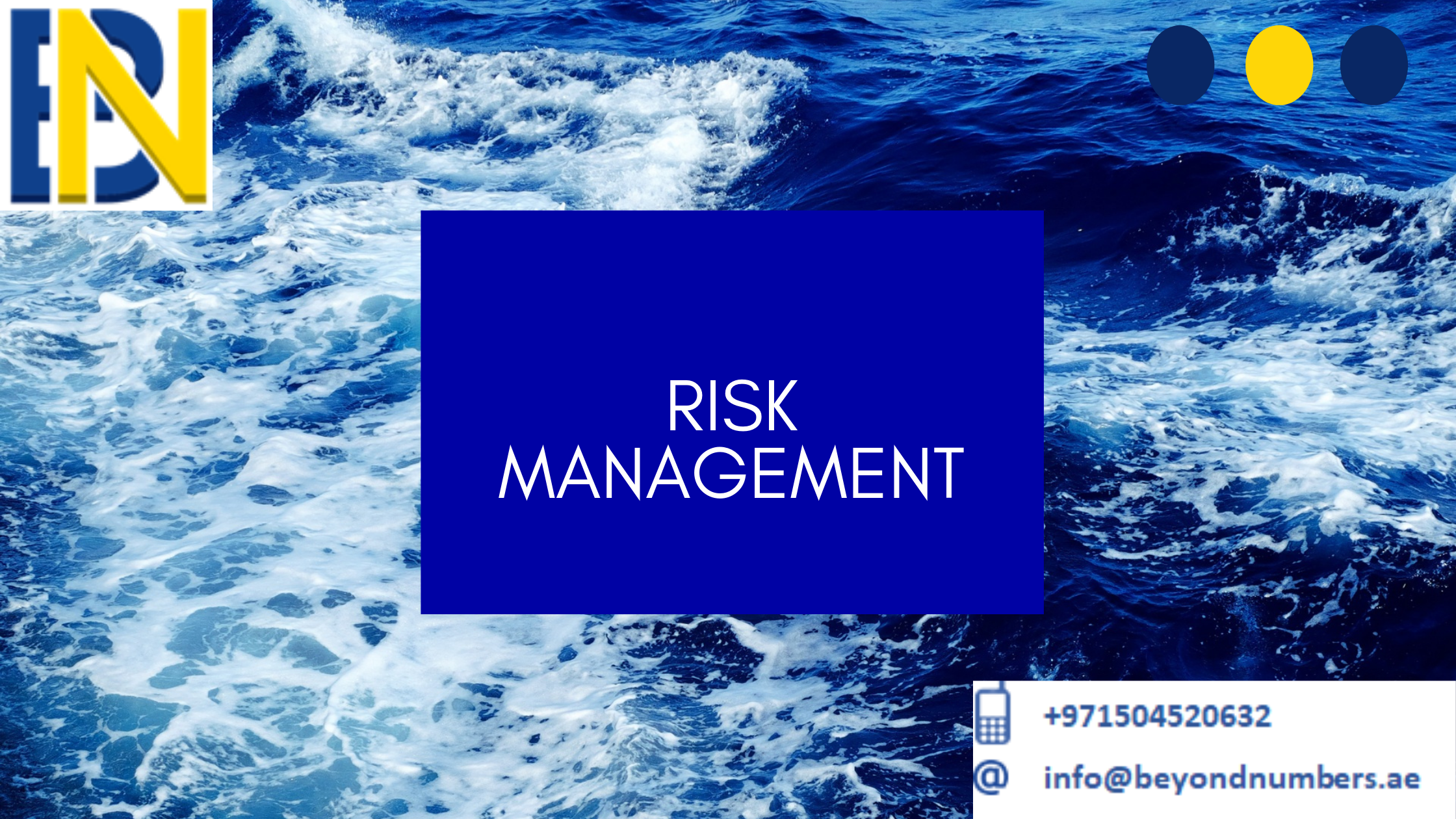Risk management is a process in which businesses identify, assess and treat risks that could potentially affect their business operations. Risk management is consisted with the identification, analysis, and response to risk factors that form part of the life of a business. Effective risk management means attempting to control future outcomes by acting proactively rather than reactively. Therefore, effective risk management offers the potential to reduce both the possibility of a risk occurring and its potential impact. Types of risk vary from business to business.
You must decide on how much risk you are prepared to take in your business. Some risks may be critical to your success, however, exposing your business to the wrong types of risk may be harmful.
The most common business risk categories are:
- Strategic –decisions concerning your business’ objectives
- Compliance –the need to comply with laws, regulations, standards and codes of practice
- Financial –financial transactions, systems and structure of your business
- Operational –your operational and administrative procedures
- Environmental –external events that the business has little control over such as unfavorable weather or economic conditions
- Reputational –the character or goodwill of the business.
Response to Risks
Response to risks usually takes one of the following forms:
- Avoidance: A business strives to eliminate a particular risk by getting rid of its cause.
- Mitigation: Decreasing the projected financial value associated with a risk by lowering the possibility of the occurrence of the risk.
- Acceptance: In some cases, a business may be forced to accept a risk. This option is possible if a business entity develops contingencies to mitigate the impact of the risk, should it occur.
Preparing a risk management plan
Your risk management plan should detail strategies for dealing with risks specific to your business. It’s important to allocate time and resources to preparing your plan to reduce the likelihood of an incident affecting your business.
You can develop a risk management plan by following these steps:
- Identify the risk
- Assess the risk
- Manage the risk
- Monitor and review
For a business, assessment and management of risks is the best way to prepare for eventualities that may come in the way of progress and growth. When a business evaluates its plan for handling potential threats and then develops structures to address them, it improves its odds of becoming a successful entity.
Moreover, the management will have the necessary information that they can use to make informed decisions and ensure that the business remains profitable.
Read more: https://beyondnumbers.ae/how-to-protect-your-business-from-occupational-fraud

